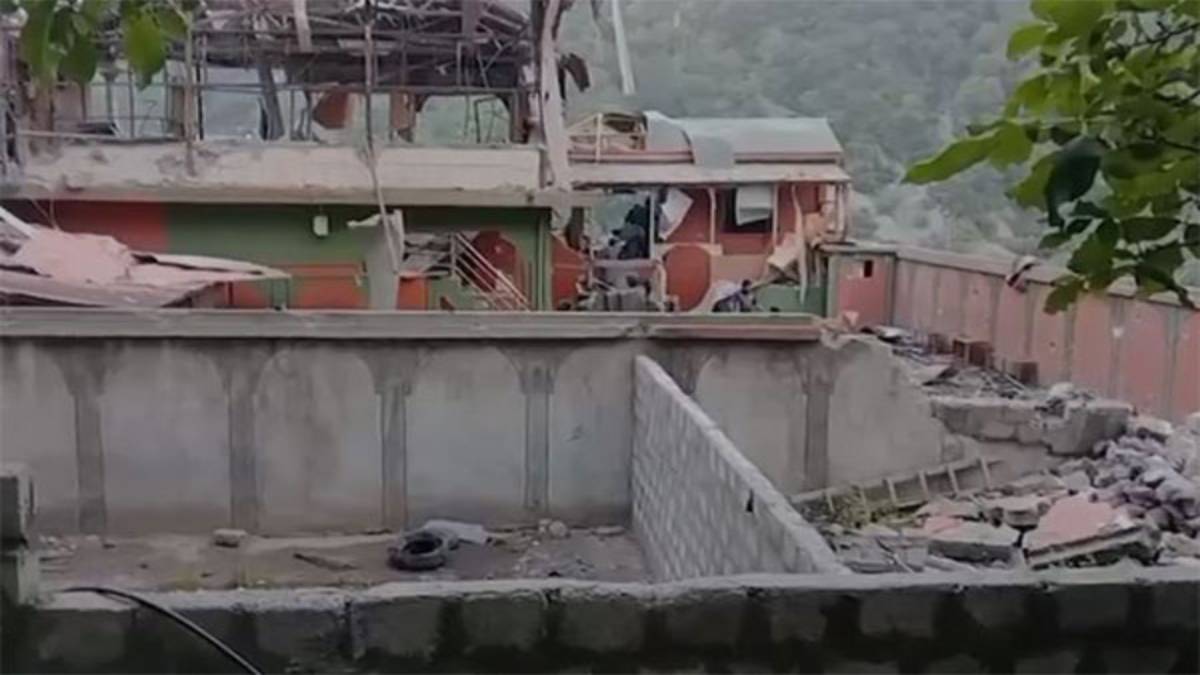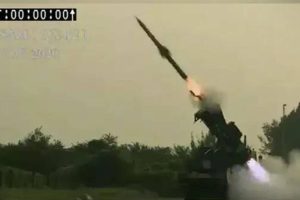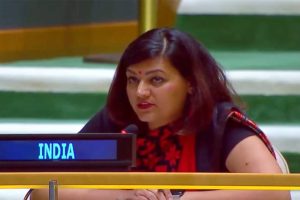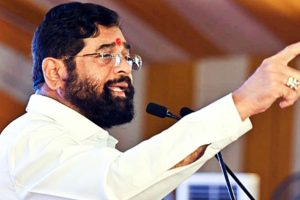Residents of Muzaffarabad in Pakistan-occupied Jammu and Kashmir (PoJK) described a barrage of missile strikes early Wednesday as India launched Operation Sindoor, a retaliatory strike targeting terror camps behind the deadly April 22 Pahalgam attack.
“Suddenly, shelling started. I think about 10 to 15 missiles hit here,” local resident Ahmed Abbasi told Reuters. One of the targets was a mosque that also housed a madrasa, reportedly linked to the Lashkar-e-Taiba (LeT) terror outfit. The site, known as the Shawai Nallah Camp or Bait-ul-Mujahideen, is believed to have trained attackers involved in the 2008 Mumbai attacks.
Pakistan’s military spokesperson Lt Gen Ahmed Sharif Chaudhry confirmed India’s precision strikes, reporting 24 impacts across locations in Pakistan and PoJK. Key sites included Bahawalpur’s Ahmedpur East, home to the Subhan mosque—linked to Jaish-e-Mohammed (JeM) founder Maulana Masood Azhar—Muzaffarabad near Bilal mosque, Muridke, Sialkot’s Kotki Lohara, and Shakargarh.
India’s Foreign Secretary Vikram Misri defended the operation, emphasizing the necessity of holding the perpetrators accountable. “Despite two weeks passing, Pakistan has taken no demonstrable action against terror infrastructure. Instead, it has resorted to denials and baseless accusations,” Misri stated during a media briefing.
Col Sofiya Qureshi, who also addressed the media, confirmed that nine terrorist camps were “targeted and completely destroyed” in the joint Army, Navy, and Air Force strike.
India’s Ministry of Defence reiterated that the strikes were focused, non-escalatory, and avoided Pakistani military facilities. The targets were carefully selected to dismantle the infrastructure supporting terrorist groups like Jaish-e-Mohammed and Lashkar-e-Taiba.
The strikes mark India’s deepest military action inside Pakistan’s undisputed territory since 1971 and were closely monitored by Prime Minister Narendra Modi throughout the night.





